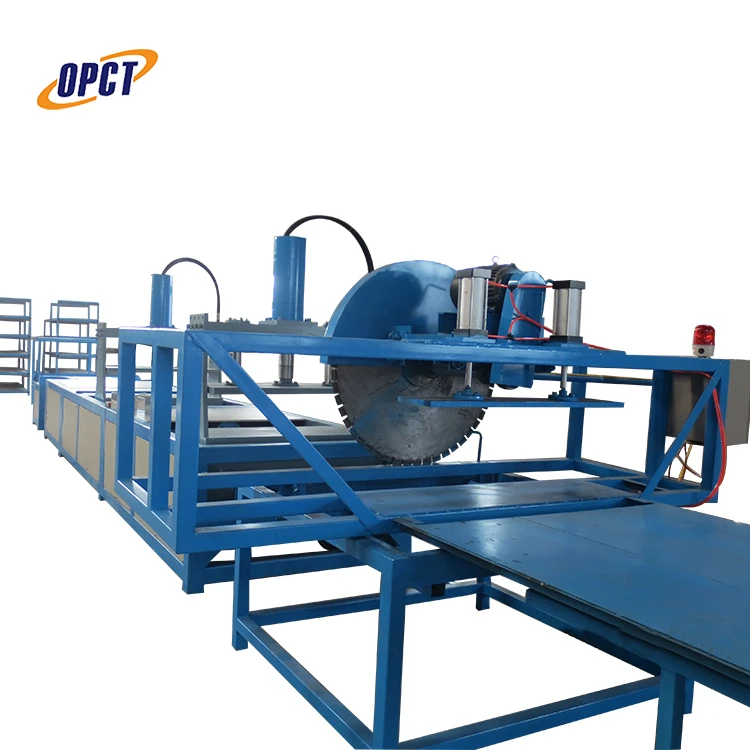Electrolytic cells play a pivotal role in various industrial and scientific applications, offering unique functionalities that are critical in today’s technological advancements. An electrolytic cell is a device that uses electrical energy to drive a non-spontaneous chemical reaction. This fundamental principle is harnessed in numerous industries, making electrolytic cells an indispensable tool.

A major application of electrolytic cells is in the electroplating industry. Electroplating is a process that uses electric current to reduce dissolved metal cations so that they form a coherent metal coating on an electrode. This is used to enhance the appearance and resistance to corrosion of items ranging from simple screws to complex car parts. The reliability and uniformity of the coating produced by electrolytic cells are crucial for product quality and longevity.
In the realm of material refinement, electrolytic cells are instrumental in the purification of metals. Metals such as aluminum, copper, and zinc are often found with impurities. Through electrorefining, the impure metal is used as an anode, and a pure metal sheet acts as the cathode. The impure metal dissolves into the electrolyte solution and deposits onto the cathode as a pure metal, leaving impurities behind. This process underscores electrolytic cells’ efficiency and precision in producing high-purity metals essential for electronic components and construction materials.

Electrolytic cells are also critical in the production of chemicals such as chlorine and sodium hydroxide, substances fundamental to the chemical industry. The chlor-alkali process, an application of electrolytic cells, involves the electrolysis of sodium chloride solution to yield these products. The intricacies of this process demand highly specialized knowledge to maintain safety and enhance yield, showcasing the expertise required in managing and optimizing electrolytic cells for industrial use.
electrolytic cells
In the energy sector, electrolytic cells are at the forefront of sustainable technology advancements. Water electrolysis cells split water into hydrogen and oxygen gases. Hydrogen, a clean fuel, is poised to be a cornerstone of renewable energy solutions, addressing growing environmental concerns. The efficiency and cost-effectiveness of hydrogen production via electrolytic cells remain a subject of extensive research and development aimed at meeting future energy demands.
Furthermore, the development of electrolytic cells involves understanding electrochemical theories and material sciences. This requires a sophisticated comprehension of the principles governing ionic and electronic conductivities, electrode potential, and thermodynamic calculations. Professionals specializing in the design and operation of electrolytic cells must possess an authoritative grasp of these concepts to innovate and solve complex industrial challenges.
The trustworthiness of electrolytic cell manufacturers and vendors is vital. Quality assurance, rigorous testing, and compliance with international standards ensure that electrolytic cells meet necessary specifications and perform reliably under operational conditions. Users should prioritize choosing reputable suppliers who possess certifications and a demonstrable track record of excellence.
In conclusion, the application, refinement, and continual evolution of electrolytic cells demand a combination of hands-on experience, specialized knowledge, authoritative insight, and unwavering commitment to quality. As industries evolve, the role of electrolytic cells will only become more significant, driving advancements and enabling breakthroughs across various sectors. Stakeholders in this field must ensure they remain informed and adaptable to leverage the full potential of electrolytic cells in their respective domains.




